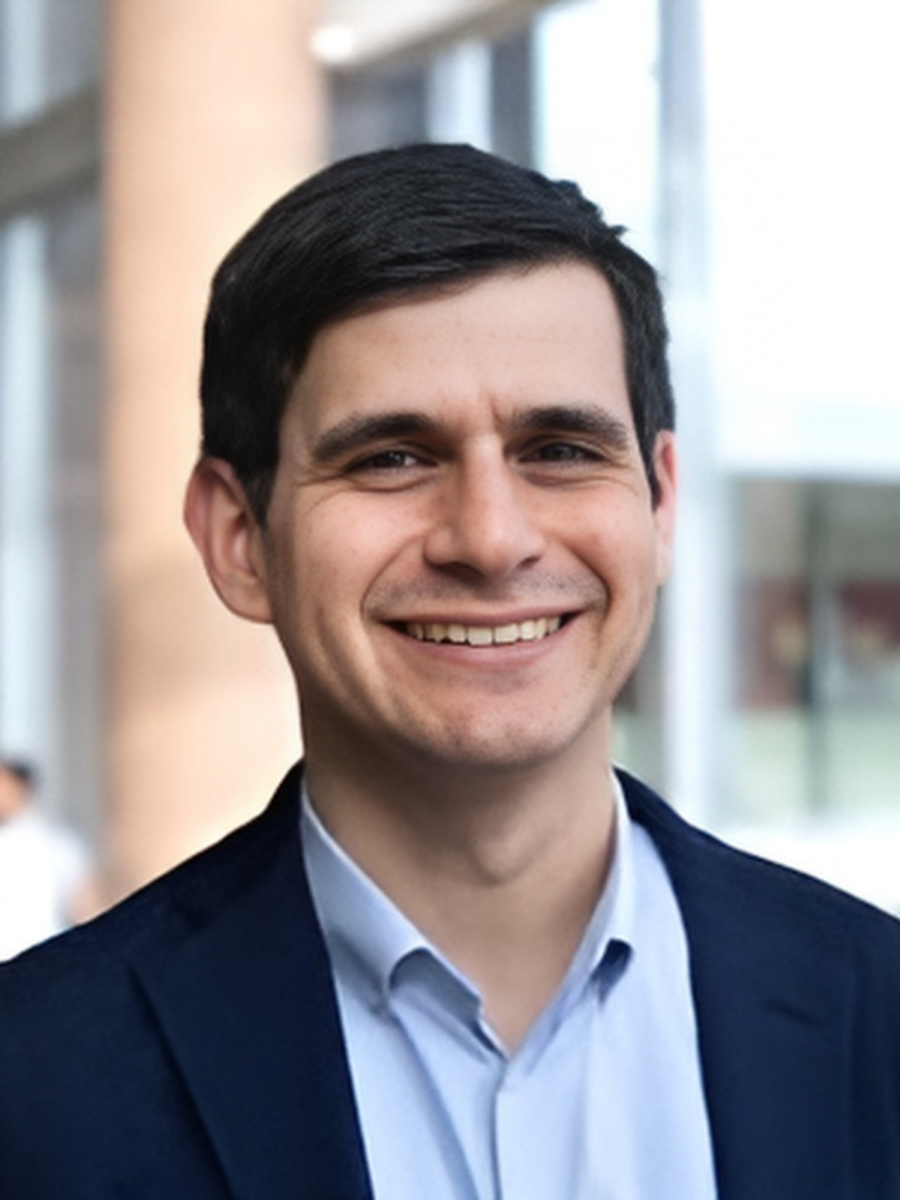
The schematic is a series of muscle images during the regenerative process, whereby resident stem cells repair the tissue.
Skeletal muscle contains multiple cell types, regenerates when damaged via a pool of resident stem cells (called satellite cells), consumes significant amounts of metabolic energy, grows and adapts its structure and function based on its environment. Nearly all actions in life are defined by the coordinated actions of skeletal muscle but when afflicted by injury or aging, muscle function decreases and quality of life is reduced. Currently, there are little to no therapies for recovery after severe trauma or age-associated muscle wasting (sarcopenia). Prof. Aguilar’s laboratory focuses on studying molecular mechanisms satellite cells use after trauma and aging with a particular focus on transcriptional and epigenetic regulation. We develop and utilize different types of high-throughput sequencing based assays and sophisticated bioinformatics algorithms to generate these insights.
